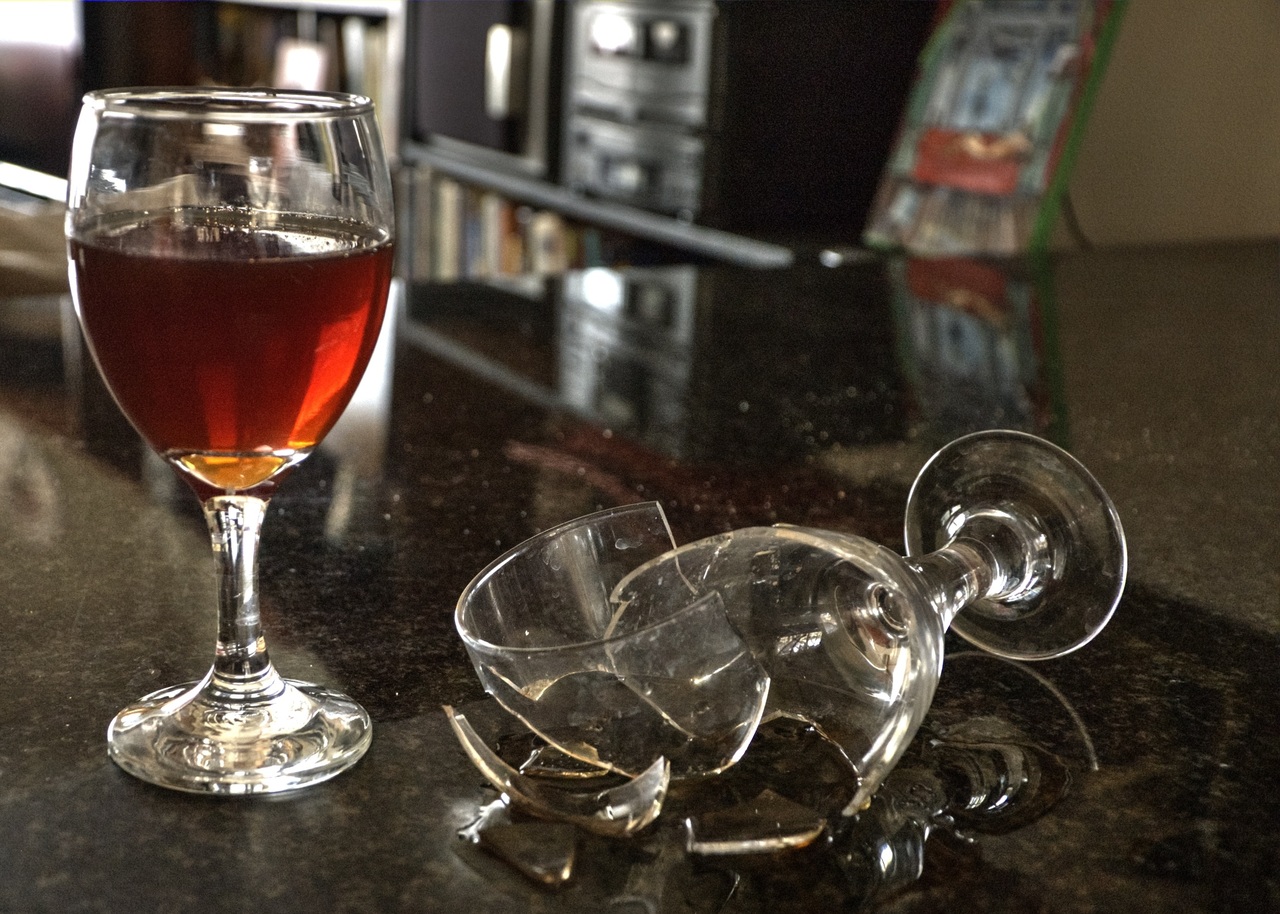Effects of a Single Dose of Ayahuasca in College Students With Harmful Alcohol Use: A Single-blind, Feasibility, Proof-of-Concept Trial
Authors:
Lucas Silva Rodrigues, José Augusto Silva Reis, Giordano Novak Rossi, Lorena T. L. Guerra, Renan Massanobu Maekawa, Flávia de Lima Osório, José Carlos Bouso, Fabiana Pereira Santos, Beatriz Aparecida Passos Bismara Paranhos, Mauricio Yonamine, Jaime Eduardo Cecilio Hallak, and Rafael Guimarães dos Santos.
Journal:
Journal of Clinical Psychopharmacology
Year:
2024
About the study
This study aimed to evaluate the effects of a single dose of ayahuasca on college students with harmful alcohol use. The trial included 11 male college students, who were administered ayahuasca in a controlled environment with psychological support. The primary focus was on changes in drinking patterns, while secondary outcomes included safety, tolerability, craving, personality traits, anxiety, impulsivity, self-esteem, and social cognition. The study found a significant reduction in alcohol consumption between weeks 2 and 3, although this effect was not statistically significant after correction. Additionally, no serious adverse reactions were observed, confirming the feasibility and safety of the protocol for future research.
Abstract
Background: Ayahuasca is a South American plant hallucinogen rich in the psychedelic N,N-dimethyltryptamine and β-carbolines (mainly harmine). Preclinical and observational studies suggest that ayahuasca exerts beneficial effects in substance use disorders, but these potentials were never assessed in a clinical trial.
Methods: Single-center, single-blind, feasibility, proof-of-concept study, assessing the effects of one dose of ayahuasca accompanied by psychological support (without psychotherapy) on the drinking patterns (primary variable) of 11 college students with harmful alcohol consumption. Secondary variables included safety and tolerability, craving, personality, anxiety, impulsivity, self-esteem, and social cognition.
Findings: Ayahuasca was well tolerated (no serious adverse reactions were observed), while producing significant psychoactive effects. Significant reductions in days per week of alcohol consumption were found between weeks 2 and 3 (2.90 ± 0.28 vs 2.09 ± 0.41; P < 0.05, uncorrected), which were not statistically significant after Bonferroni correction. There were no statistically significant effects for other variables, except for a significant reduction in reaction time in an empathy task.
Conclusions: A significant reduction in days of alcohol consumption was observed 2–3 weeks after ayahuasca intake, but this effect did not survive after Bonferroni correction. The lack of significant effects in alcohol use and other variables may be related to the small sample size and mild/moderate alcohol use at baseline. The present study shows the feasibility of our protocol, paving the way for future larger, controlled studies.
Photo by PxHere.
Categories:
Studies & papers
, Ayahuasca
Tags:
ayahuasca
, scientific research
, study
, DMT
, alcoholism
, psychedelics
, hallucinogens
, substance use disorders

